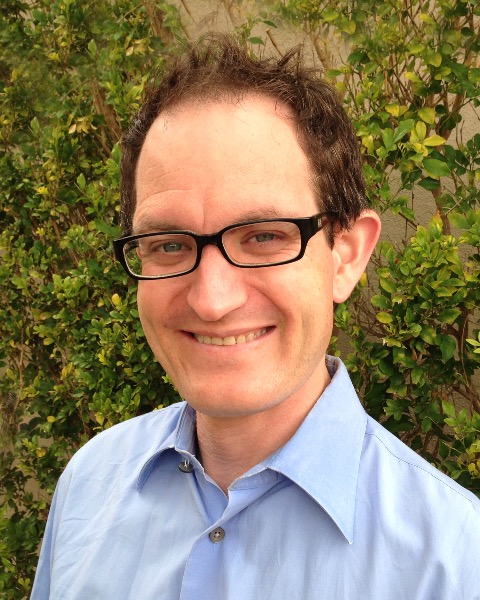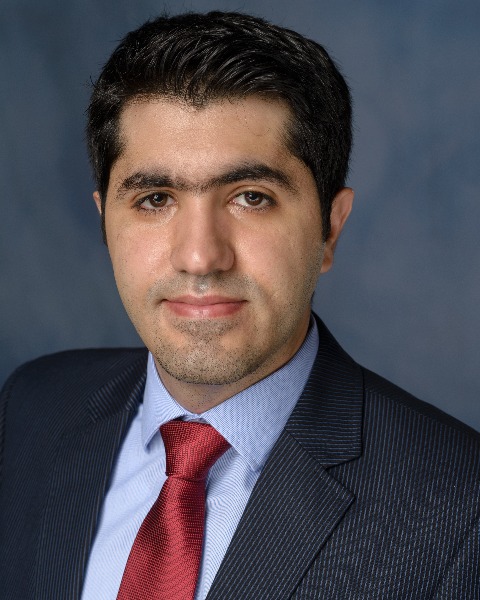Interdisciplinary
Ageless Horizons: Impact of AI, Climate Change, and Epigenetics on Gerontological Syndromes
-
.jpg)
Todd Manini, Ph.D.
Professor
The Department of Health Outcomes and Biomedical Informatics
University of Florida College of Medicine
Gainesville, Florida, United States -

Christopher Kaufmann, PhD, MHS (he/him/his)
Assistant Professor
Health Outcomes and Biomedical Informatics
University of Florida College of Medicine
Gainesville, Florida, United States -
.jpg)
Todd Manini, Ph.D.
Professor
The Department of Health Outcomes and Biomedical Informatics
University of Florida College of Medicine
Gainesville, Florida, United States -

Christopher Kaufmann, PhD, MHS (he/him/his)
Assistant Professor
Health Outcomes and Biomedical Informatics
University of Florida College of Medicine
Gainesville, Florida, United States -
LS
Larissa Strath, PhD (she/her/hers)
Assistant Professor
College of Medicine, Department of Health Outcomes and Biomedical informatics
University of Florida
Gainesville, Florida, United States -

Mamoun Mardini, MS, PhD (he/him/his)
Assistant Professor
The Department of Health Outcomes and Biomedical Informatics
University of Florida
Gainesville, Florida, United States
Chair(s)
Co-Chair(s)
Individual Symposium Abstract First Author(s)
This interdisciplinary symposium will provide the audience an eclectic, contemporary view of gerontology syndromes. It brings together researchers in epidemiology, built environment to natural hazards, new epigenetic age measures, climate events, artificial intelligence (AI) and gerontological syndromes. In this symposium, the audience will learn about how the literature is using AI to study the 5 M’s of Geriatrics — Mind, Mobility, Medications, what Matters most and Multicomplexity. This topic is complemented by using new AI methods with Latent Dirichlet Allocation to analyze clinical notes to better estimate the frailty syndrome. Results from older adults undergoing Transcatheter Aortic Valve Replacement suggest a substantial improvement in identifying frail older adults compared to an electronic record approach only. Next, new hallmark measures of biological aging using epigenetic age are studied as a potential mechanism by which biopsychosocial factors could influencing pain and mobility in older adults. Lastly, there are significant adverse health outcomes due to environmental shocks of extreme weather and climate events. Older adults are known to have a greater health susceptibility to these events. However, the impact on health can happen in even deeper ways by modifying mobility after the acute effects have ceased. Mobility resilience signifies a capacity to adapt and maintain community interactions following environmental shocks. Results from hurricane Ian in 2022 suggest that neighborhoods with a higher density of older adults are less mobility resilient. Today’s advances in AI and access to unique data sources are on the horizon and will open new approaches to studying gerontological syndromes.
Learning Objectives:
- Describe advances in artificial intelligence and how access to unique data sources will open new approaches to studying gerontological syndromes
- Describe artificial intelligence approaches for understanding the 5 Ms of Geriatrics: Mind, Mobility, Medications, Multi-complexity, and Matters Most
- Understand mobility loss in the context of epigenetic aging and climate change events.
Presentations:
-
2:00 PM - 3:30 PM PSTAge-Related Deficits in Mobility Resilience With Climate Change: A Case Study of Hurricane Ian
Individual Symposium Abstract First Author: Todd M. Manini, Ph.D. – University of Florida College of Medicine
-
2:00 PM - 3:30 PM PSTCan Artificial Intelligence Help Address the 5Ms of Geriatrics?
Individual Symposium Abstract First Author: Christopher N. Kaufmann, PhD, MHS (he/him/his) – University of Florida College of Medicine
-
2:00 PM - 3:30 PM PSTMaking Moves: Epigenetic Aging and Its Relationship With Pain and Disability Outcomes in Older Adults
Individual Symposium Abstract First Author: Larissa Strath, PhD (she/her/hers) – University of Florida
-
2:00 PM - 3:30 PM PSTMachine Learning–Enhanced Frailty Assessment for High-Risk Older Patients Undergoing TAVR
Individual Symposium Abstract First Author: Mamoun T. Mardini, MS, PhD (he/him/his) – University of Florida
